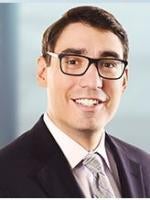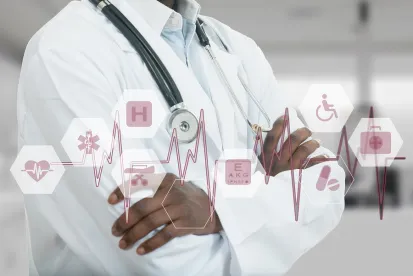The Department of Health and Human Services Office of Inspector General (“DHHS OIG”) recently issued a Special Fraud Alert regarding fraud and abuse concerns related to speaker programs offered by pharmaceutical and medical device companies. In recent years, speaker programs have become big business for health care providers. According to the Centers for Medicare and Medicaid Services, companies have paid nearly $2 billion dollars to health care professions for speaker-related services in the last three years.
Given the magnitude of funds involved, it is unsurprising that DHHS OIG and the Department of Justice have “investigated and resolved numerous fraud cases involving allegations that remuneration offered and paid in connection with speaker programs violated the anti-kickback statute.” DHHS OIG investigations seek to root out those companies employing its speaker program to induce health care professionals to prescribe or order the sponsoring company’s products. The anti-kickback statute applies broadly to remuneration to induce or reward referrals of patients as well as the payment of remuneration intended to induce or reward the purchasing, leasing, or ordering of, or arranging for or recommending any item or service reimbursable by any Federal health care program.
Past DHHS OIG’s investigations have looked into a wide-array of speaker-related arrangements between drug and device companies and health care providers, including: (1) selecting high-prescribing health care professionals to be speakers and rewarding them with lucrative speaker deals; (2) conditioning speaker remuneration on sales targets; and (3) holding programs at high-end restaurants where expensive meals and alcohol were served.
According to DHHS OIG, “[s]peaker programs typically involve a [health care professional] who is not an employee of the company speaking in person to other [health care professionals] about a company product or disease state using a presentation developed and approved by the company. In expressing its skepticism about these arrangements, the DHHS OIG Alert notes that its “[i]nvestigations have revealed that, often, [health care professionals] receive generous compensation to speak at programs offered under circumstances that are not conducive to learning or to speak to audience members who have no legitimate reason to attend. Such cases strongly suggest that one purpose of the remuneration to the [health care professional] speaker and attendees is to induce or reward referrals.”
The DHHS OIG provided the following list of factors that could potentially indicate a program is in violation of the anti-kickback statute:
-
The company sponsors speaker programs where little or no substantive information is actually presented;
-
Alcohol is available or a meal exceeding modest value is provided to the attendees of the program (the concern is heightened when the alcohol is free);
-
The program is held at a location that is not conducive to the exchange of educational information (e.g., restaurants or entertainment or sports venues);
-
The company sponsors a large number of programs on the same or substantially the same topic or product especially in situations involving no recent substantive change in relevant information;
-
There has been a significant period of time with no new medical or scientific information nor a new FDA-approved or cleared indication for the product;
-
Health care providers attend programs on the same or substantially the same topics more than once (as either a repeat attendee or as an attendee after being a speaker on the same or substantially the same topic);
-
Attendees include individuals who don’t have a legitimate business reason to attend the program;
-
The company’s sales or marketing business units influence the selection of speakers, or the company selects health care provider speakers or attendees based on past or expected revenue that the speakers or attendees have or will generate; and
-
The company pays health care provider speakers more than fair market value for the speaking service or pays compensation that takes into account the volume or value of past business generated or potential future business generated by the health care providers.
Although not an exhaustive list, pharmaceutical and medical device companies should consider DHHS OIG’s guidance before sponsoring these types of events. Companies concerned about potential compliance issues may avail themselves of the DHHS OIG Advisory Opinion process.
Similarly, health care professionals should consider the risks of soliciting or receiving remuneration related to speaker programs given other available means to gather information about providing treatment for patients.





 />i
/>i

